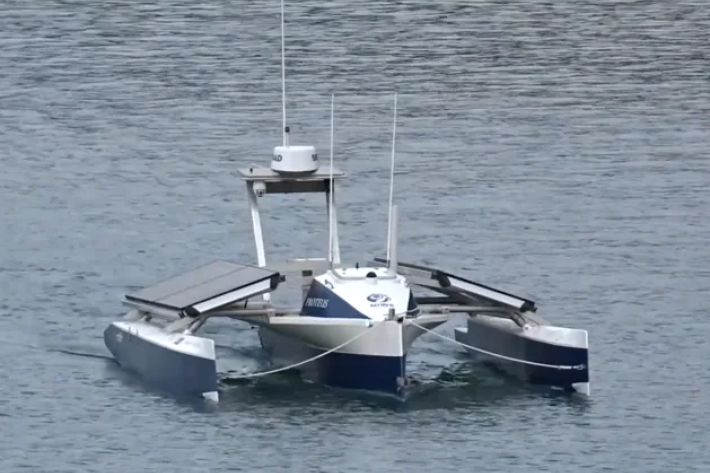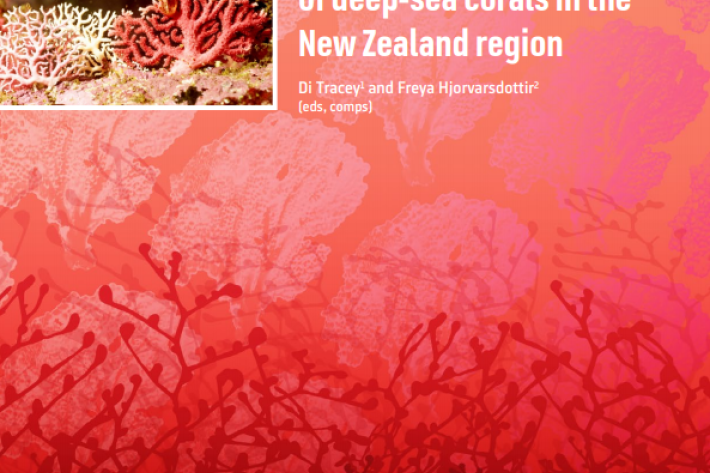-
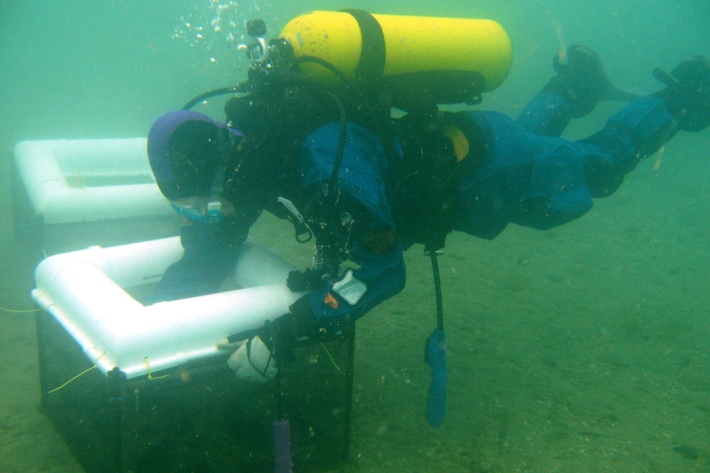
Concepts in sustainable aquaculture - IMTA
Media release23 July 2020New ways to address environmental sustainability challenges. -

Freshwater species - publications
These are some recent publications related to the freshwater species ecology and management programme. -
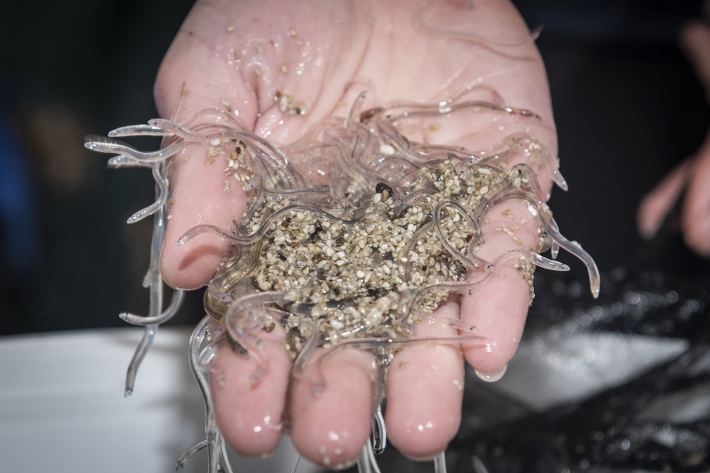
Freshwater species ecology and management
NIWA is helping to ensure that New Zealand’s unique and iconic freshwater species are healthy, abundant and thriving. -
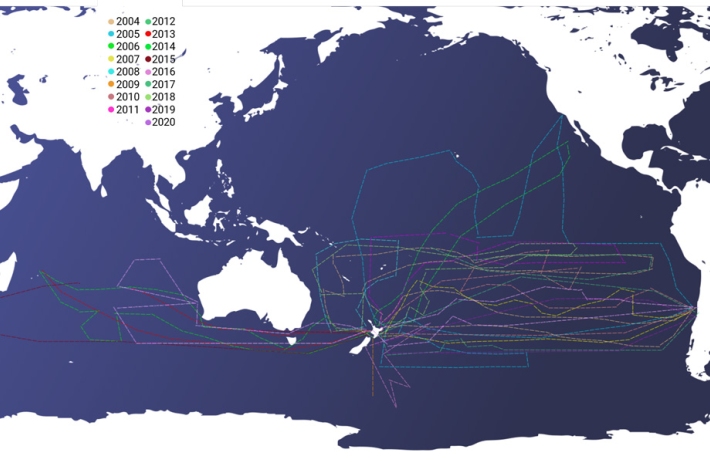
NIWA crew face record time at sea
Media release21 July 2020Coronavirus border restrictions mean six NIWA staff face four straight months at sea in a bid to keep an international ocean research project afloat. -

2020 - Bay of Plenty acoustics
During the TAN2007 voyage NIWA scientists headed to the waters around Whakaari/White Island in the Bay of Plenty to survey changes to the seafloor since the volcanic eruption in December 2019. -
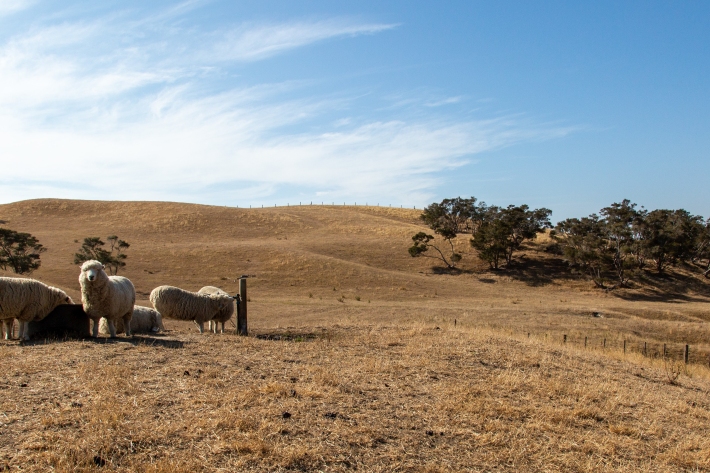
Lesson 4: Severe weather
Education ResourceOnce in a while the weather becomes much more dangerous – what meteorologists call severe weather. -
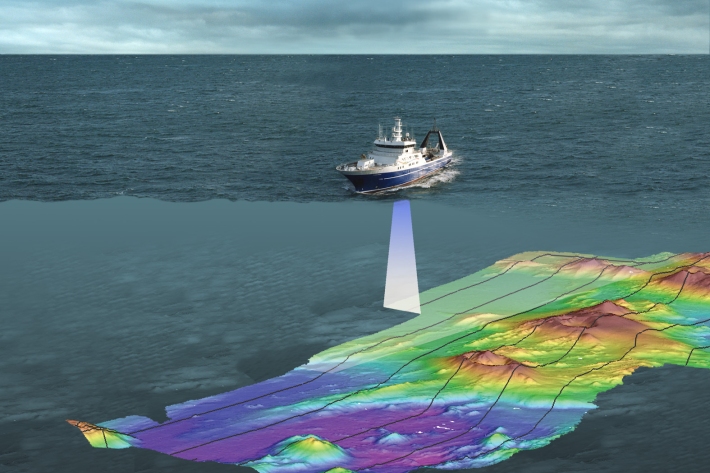
NIWA mapping seafloor around Whakaari/White Island
Media release16 July 2020NIWA scientists are heading to the waters around Whakaari/White Island in the Bay of Plenty next week to survey changes to the seafloor. -
Autonomous vessels
ServiceFisheries researchers combine technologies to collect more data at a lower cost. -
NZ deep-sea corals
Corals can live hundreds to thousands of years. What do we really know about them? -
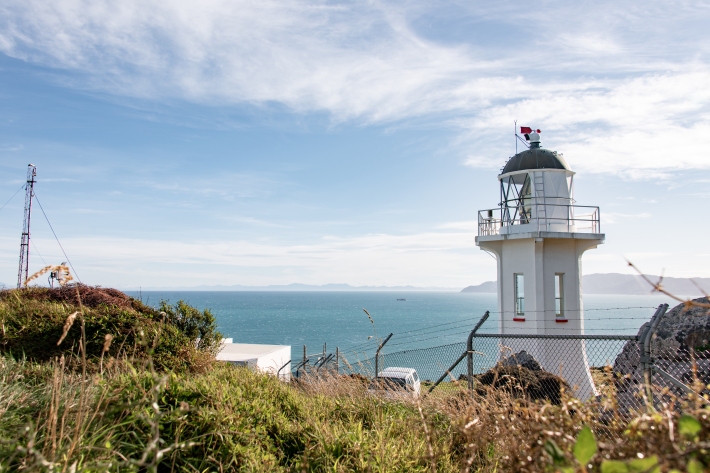
Lesson 10: Our planet is warming
Education ResourceWhen we talk about the future, we often talk about climate change. -
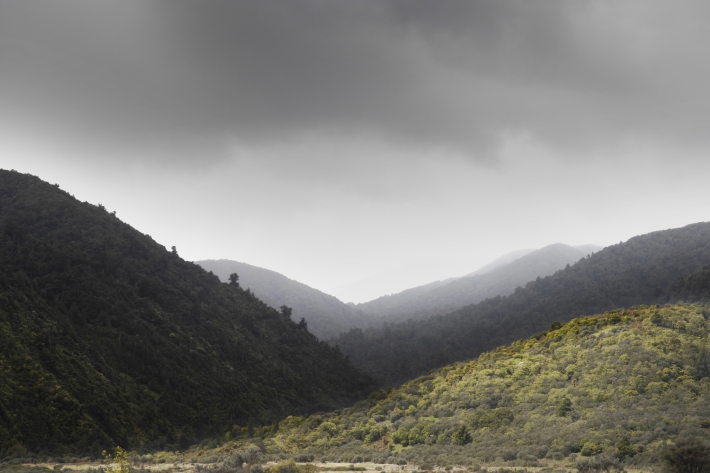
Lesson 7: Climate in Aotearoa
Education ResourceThe climate of New Zealand is incredibly varied for a country of its size. -

Constructed wetland guidelines
Constructed wetlands are a water quality restoration tool that can reduce levels of sediment, nutrients and microbes such as E. coli.

